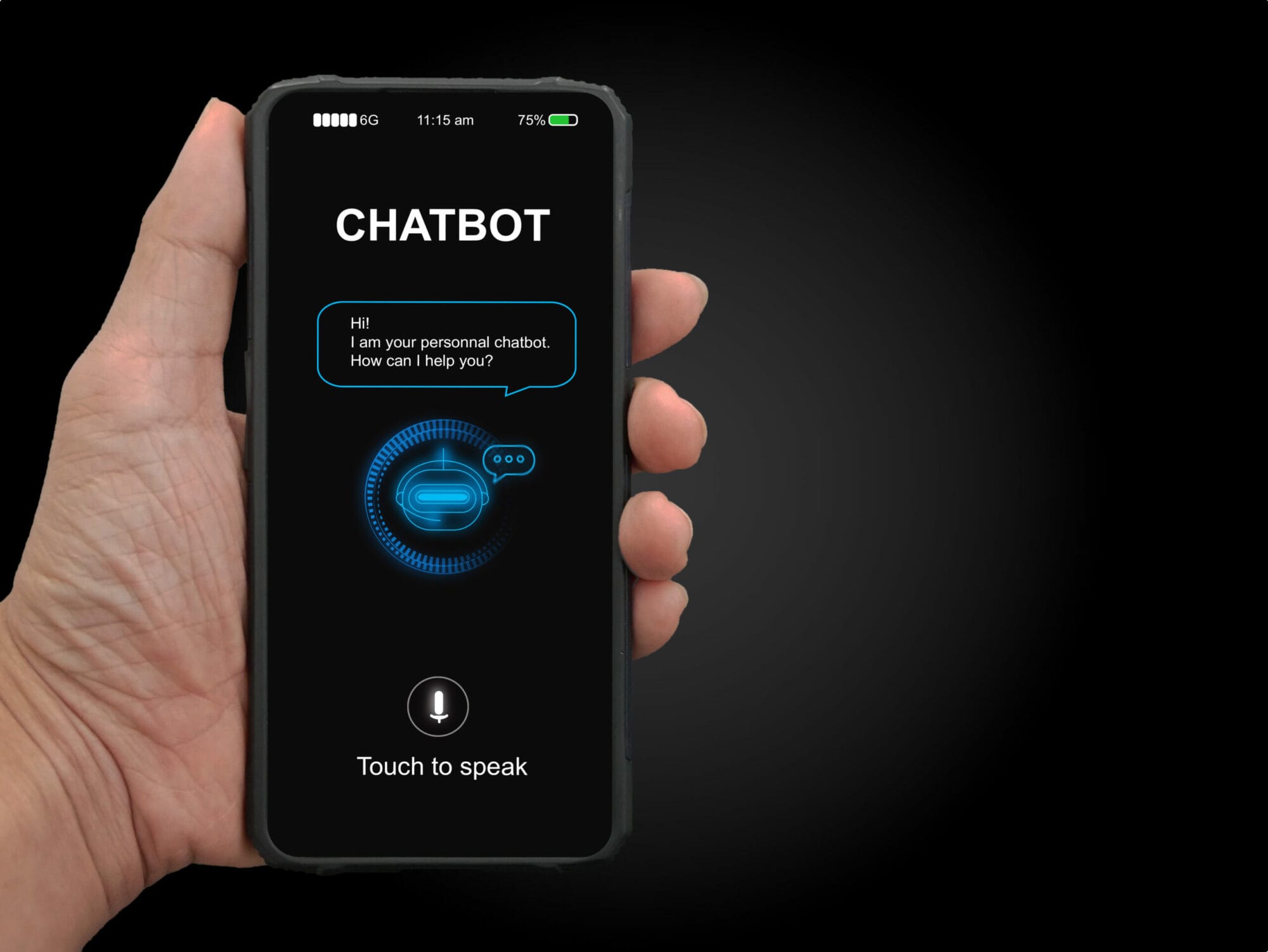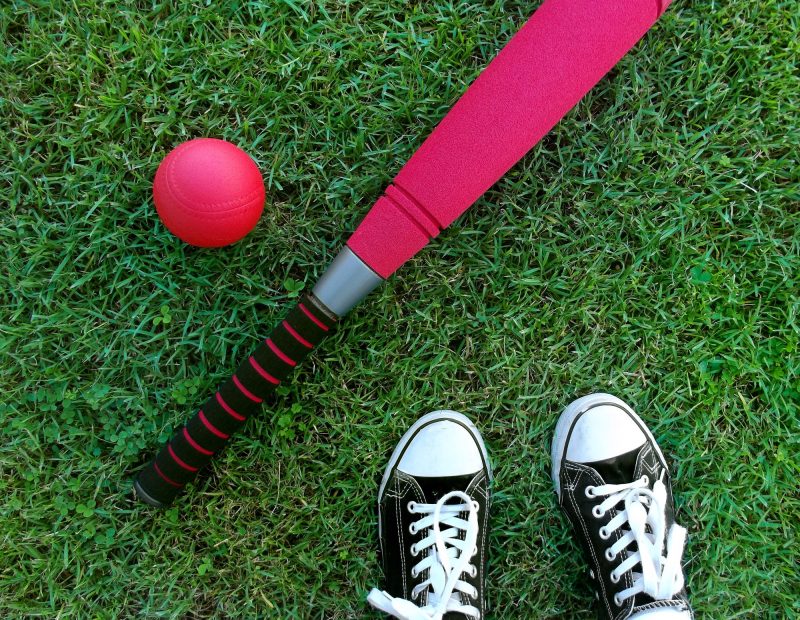By Jack Nicastro | Reason
U.S. District Court Judge Colleen McMahon has dismissed a copyright lawsuit against OpenAI. McMahon’s decision, issued Thursday, is a win not just for OpenAI but for everyone who benefits from ChatGPT and similar programs.
Raw Story Media and AlterNet Media filed the suit in February, complaining that OpenAI used their articles to train ChatGPT and that the bot “regurgitate[s] verbatim or nearly verbatim copyright-protected works of journalism.” The plaintiffs alleged that OpenAI had violated the Digital Millennium Copyright Act (DMCA) by removing copyright management information—authorship and title—from articles used to train ChatGPT.
McMahon disagreed with the plaintiffs. She rejected their damage claim for failing to specify “any actual adverse effects stemming from this alleged DMCA violation”; without concrete harm, she wrote, there can be no standing. She also noted that while content can by copyrighted, mere information cannot. There is no substantial risk of ChatGPT violating the DMCA, she wrote, because “given the quantity of information contained in the repository, the likelihood that ChatGPT would output plagiarized content from one of Plaintiffs’ articles seems remote.”
“This is a significant case in the regulation of generative AI, but it is not the landmark decision that will determine the fate of ChatGPT. This decision focused on whether OpenAI violated the Digitial Millenium Copyright Act (DMCA) by training ChatGPT on news articles without including their associated copyright management information (CMI). The DMCA prohibits separating CMI from a copyrighted work or republishing a copyrighted works without the CMI, but the judge here found that the plaintiffs were not damaged by OpenAI’s use of copyrighted works separate from their CMI. For the time being, this case gives generative AI companies some additional flexibility in training their models.”
-Paul Coble, chair of Rose Law Group’s AI, intellectual property, and technology law departments








